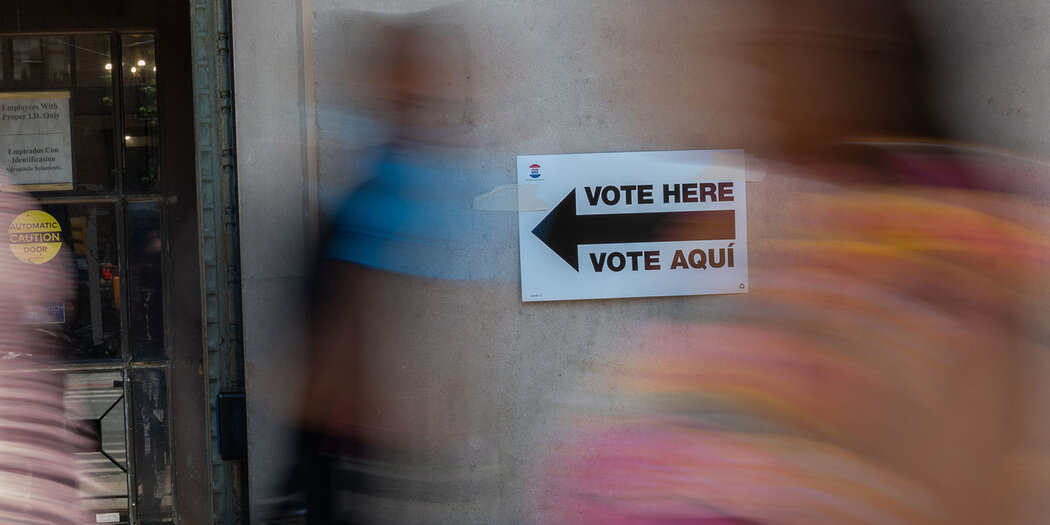In the United States, Spanish-speaking communities face unique vulnerabilities when it comes to the spread of election misinformation. These communities are often targeted with false narratives that exploit their specific socio-political backgrounds, while moderation of Spanish-language content on social media remains insufficient.
A notable instance occurred during the final days of the 2020 presidential election. Donald Trump’s campaign released a Spanish-language advertisement on YouTube in Florida, falsely linking Joe Biden to Venezuelan and Cuban socialist leaders like Nicolas Maduro and Fidel Castro. This ad, viewed over 100,000 times in just eight days, was part of a broader effort to sway voters in Florida’s large Venezuelan community by associating Biden with authoritarian regimes.
Such misinformation campaigns often harness cultural nuances to target specific communities, highlighting the complexity of combating election falsehoods. While some Spanish-language misinformation mirrors English narratives, like the incorrect claim that Kamala Harris cannot be president, other narratives are tailored to resonate with particular groups. For example, the portrayal of Democratic candidates as communists has gained traction among Spanish-speaking voters in the U.S., particularly those who have experienced authoritarian regimes firsthand.
This type of misinformation can erode trust in the electoral process. Within Latino communities, false claims about election fraud, such as allegations of noncitizen voting in states like Arizona and Nevada, tap into deeply personal fears. Even for those unfamiliar with these fears, differences between U.S. electoral systems and those in their countries of origin can create fertile ground for misinformation.
A 2024 poll from the Digital Democracy Institute of the Americas reveals that about 40 percent of Latin respondents in the U.S. believe Democrats engage in election fraud. Furthermore, 34 percent of those exposed to the “Big Lie” about the 2020 election believed it, and 41 percent accepted the notion that “Democrats are encouraging undocumented immigrants to vote.”
Efforts to curb these narratives must address misconceptions about the Latin community’s diversity. Political actors often treat this group as monolithic, though it comprises individuals from numerous countries with diverse political and linguistic backgrounds. Misinformation that exploits these differences, like the 2020 rumors about Biden and Maduro, can be particularly effective.
Another significant challenge is inadequate content moderation on encrypted messaging apps like WhatsApp. With over half of Hispanic adults in the U.S. using WhatsApp for news and social connections, misinformation can spread unchecked in private chats, evading timely fact-checking.
Local election offices, often lacking Spanish-speaking staff, bear the primary responsibility for countering election-related disinformation. Collaborating with local media, including Spanish-language outlets like Arizona’s Radio Campesina, can help bridge this gap. English-language media have also begun innovative outreach, exemplified by New Hampshire Public Radio’s “Que Hay De Nuevo?” broadcast, which partners with Factchequeado to debunk false claims.
Social media platforms must enhance their efforts to curb misinformation within these communities. Despite Meta’s claims of improved Spanish moderation, the company has faced criticism for relying heavily on nonprofits to identify and address misinformation, diverting resources from community advocacy.
To address these issues, companies like Meta and WhatsApp should hire more Spanish-speaking staff, train moderators on cultural nuances, and create region-specific misinformation databases. WhatsApp, in particular, could proactively share verified information via its official account to counter misinformation while respecting user privacy.
As Spanish-speaking communities continue to grow as a significant voting bloc, adopting culturally and linguistically informed strategies is crucial for effectively combating misinformation.






